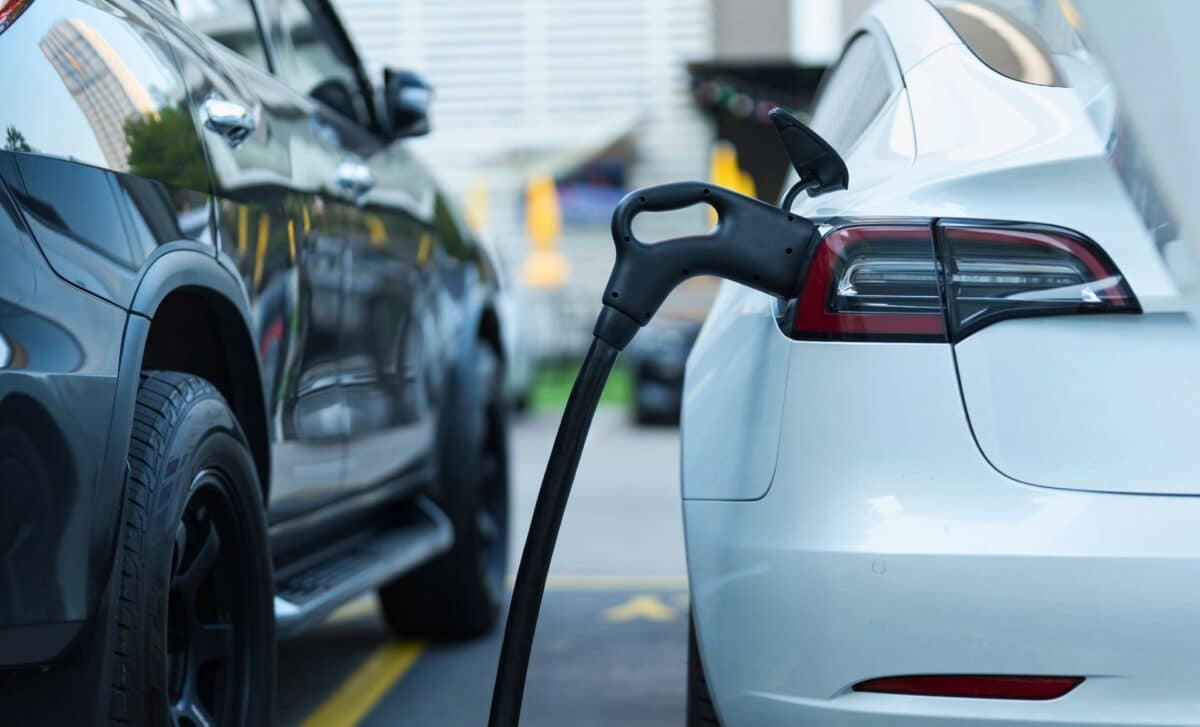Electric vehicle (EV) owners will have to pay tax for the first time from April 2025, as part of a sweeping change to the UK’s road tax system. Approximately 1.3 million drivers will be impacted, marking the end of a long-standing exemption for EVs and signalling a significant change in the Government’s approach to sustainable transport.
Electric Vehicle (EV) Owners to Pay a Flat Fee
From April, owners of electric cars will be subject to the same flat £190 annual road tax currently applied to petrol and diesel vehicles. This move is part of a broader effort by the UK Government to create a fairer tax system for all motorists.
The Government stated, “Drivers of electric and low-emission cars, vans, and motorcycles will need to pay vehicle tax in the same way as drivers of internal combustion engine (ICE) vehicles.”
This change applies to both new and existing vehicles, meaning that owners of cars registered as far back as April 2017 will also be required to pay. While the flat £190 rate is fixed for 2024, it may be revised in 2025.
| Vehicle Type | Tax Rate from April 2025 |
|---|---|
| Electric/low-emission cars | £190 (standard rate) |
| Electric/low-emission vans | £190 (standard rate) |
| Electric/low-emission motorcycles | £190 (standard rate) |
Why Is the Change Happening?
The rapid adoption of EVs across the UK has created challenges for the traditional tax system. Historically, EVs were exempt from road tax as an incentive to promote cleaner energy alternatives. However, with 1.3 million EVs on the road and growing numbers each year, the Government has faced a decline in tax revenue.
Ministers have argued that the exemption is no longer viable and have framed the changes as necessary to maintain fiscal balance and fairness. They also aim to ensure that all drivers contribute equally to maintaining road infrastructure, regardless of their vehicle’s fuel type.
Concerns Among EV Drivers
For many EV owners, the new tax could be a source of frustration, especially for those who invested in zero-emission vehicles to benefit from the tax exemption. Critics of the policy argue that this could deter future buyers and slow the transition to greener transport solutions.
Nevertheless, the Government has emphasised that the system will remain consistent across all vehicle types, ensuring a unified taxation approach.









